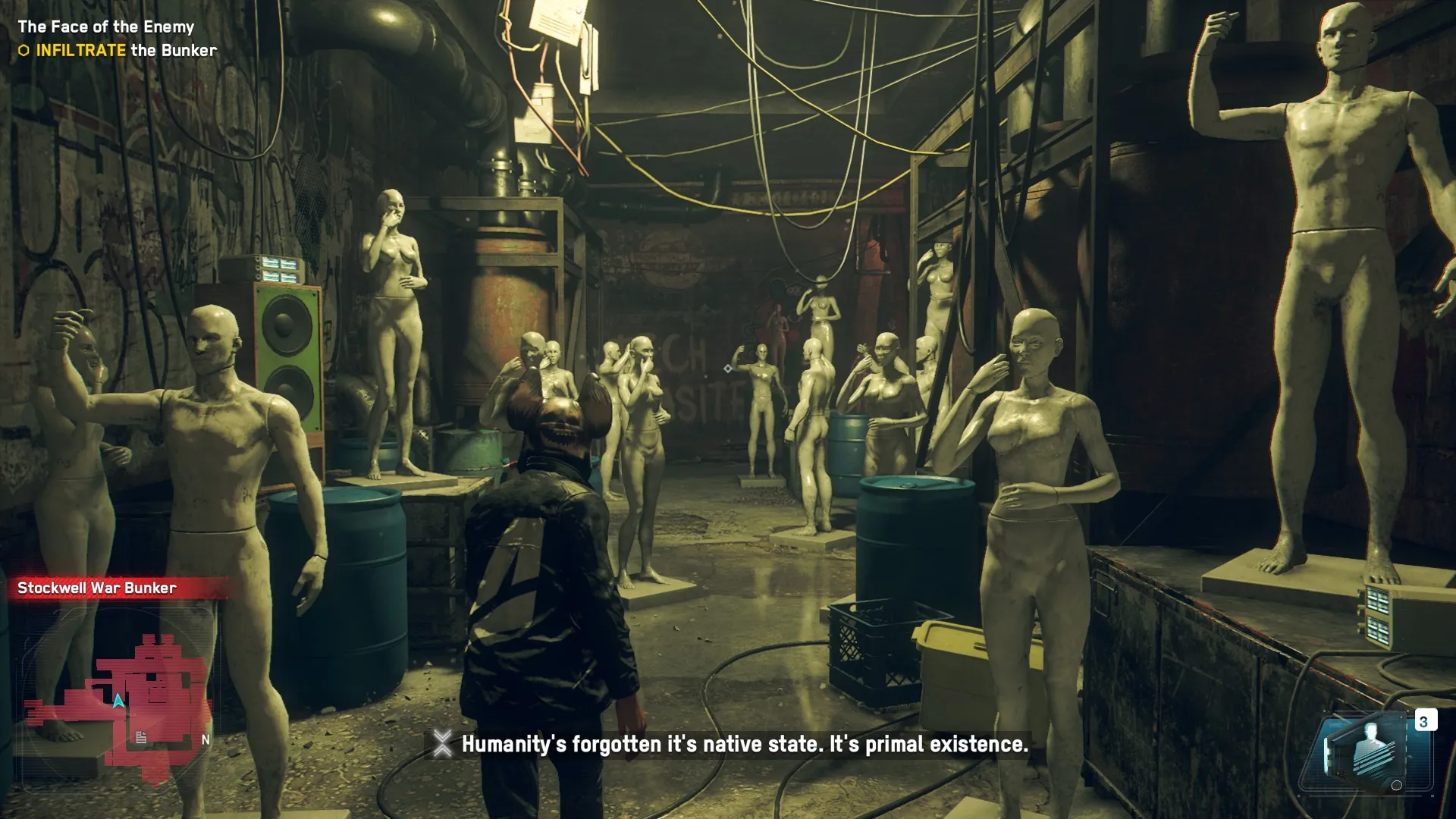
Watch Dogs: Legion Review: A Legion of Lost Potential
Contents
The premise of Watch Dogs: Legion is undeniably intriguing: recruit anyone, play as anyone, in a near-future, dystopian London. My first recruit, Elise Buckley, a yoga instructor with a penchant for the dark web, a pet owl, and a midday jogging habit in Hyde Park, seemed promising. However, this initial novelty quickly wore thin, revealing a game struggling to reconcile its ambitious systems with compelling gameplay and narrative.
 Watch Dogs: Legion
Watch Dogs: Legion
A Disconnected London
London, under the iron fist of the private military corporation Albion, is ripe with oppression. Surveillance drones buzz overhead, checkpoints restrict movement, and armed soldiers harass civilians. DedSec, the hacker group meant to liberate the city, is shattered, leaving only a handful of operatives to rebuild. Their solution? Recruit anyone and everyone. From hooligans to construction workers, anyone can join the fight. This “play as anyone” mechanic is Legion’s core selling point, and while technically impressive, it ultimately undermines the narrative and gameplay experience.
 Watch Dogs: Legion
Watch Dogs: Legion
Gameplay: Hacking Devalued
Watch Dogs 2 empowered players with a diverse hacking toolkit. Disrupting traffic, manipulating infrastructure, and remotely controlling devices were key to success. Legion, however, significantly reduces these options. The focus shifts towards direct confrontation and physical abilities, diminishing the importance of hacking. While recruiting a construction worker with access to a cargo drone provides a momentary thrill, the lack of meaningful hacking options makes these abilities feel superficial. Even infiltrating heavily guarded areas often boils down to brute force or exploiting simplistic AI routines.
Narrative Disconnect
The “play as anyone” system also creates a narrative disconnect. Character interactions feel shallow and generic. Recruiting a lawyer who despises DedSec involves manipulating their family member, but the subsequent interaction between the recruit and their relative ignores this prior conflict. Similarly, recruiting former Albion employees yields no unique dialogue or missions related to their past affiliation. This lack of personalized narratives diminishes the emotional investment in the characters and the overall story.
 Watch Dogs: Legion
Watch Dogs: Legion
Missed Opportunities
The Deep Profile system, which provides background information on potential recruits, offers glimpses of a more compelling experience. Learning about a recruit’s schedule, relationships, and opinions hints at the potential for dynamic and personalized gameplay. However, these details rarely impact missions or character interactions. The lack of character progression further diminishes the value of recruitment. Unlike games like XCOM, where characters develop over time, Legion’s recruits remain static throughout the game. This makes them feel more like disposable tools than integral members of a resistance movement.
 Watch Dogs: Legion
Watch Dogs: Legion
Technical Prowess, Wasted Potential
Watch Dogs: Legion boasts a stunningly detailed rendition of London and a dynamic soundtrack. The snarky AI companion, Bagley, provides much-needed levity. However, these positive aspects are overshadowed by the game’s fundamental flaws. The ambitious “play as anyone” system, while technically impressive, ultimately dilutes the narrative, simplifies gameplay, and prevents meaningful character development.
 Watch Dogs: Legion
Watch Dogs: Legion
Game Information
- Developer: Ubisoft Toronto
- Publisher: Ubisoft
- Genre: Action
- Release Date: October 29, 2020
- Platforms: PC, PlayStation 4, Xbox One
Minimum System Requirements
- OS: Windows 10
- CPU: Intel Core i5-4460 3.2 GHz, AMD Ryzen 5 1400 3.2 GHz
- RAM: 4 GB
- GPU: NVIDIA GeForce GTX 970/GeForce GTX 1650
- Storage: 45 GB
Tested System Configuration
- OS: Windows 10 Pro 64-bit
- CPU: Ryzen 5 1600 3.7Ghz
- RAM: 16GB
- GPU: GTX 1070 8GB
- Storage: Crucial BX500 960GB
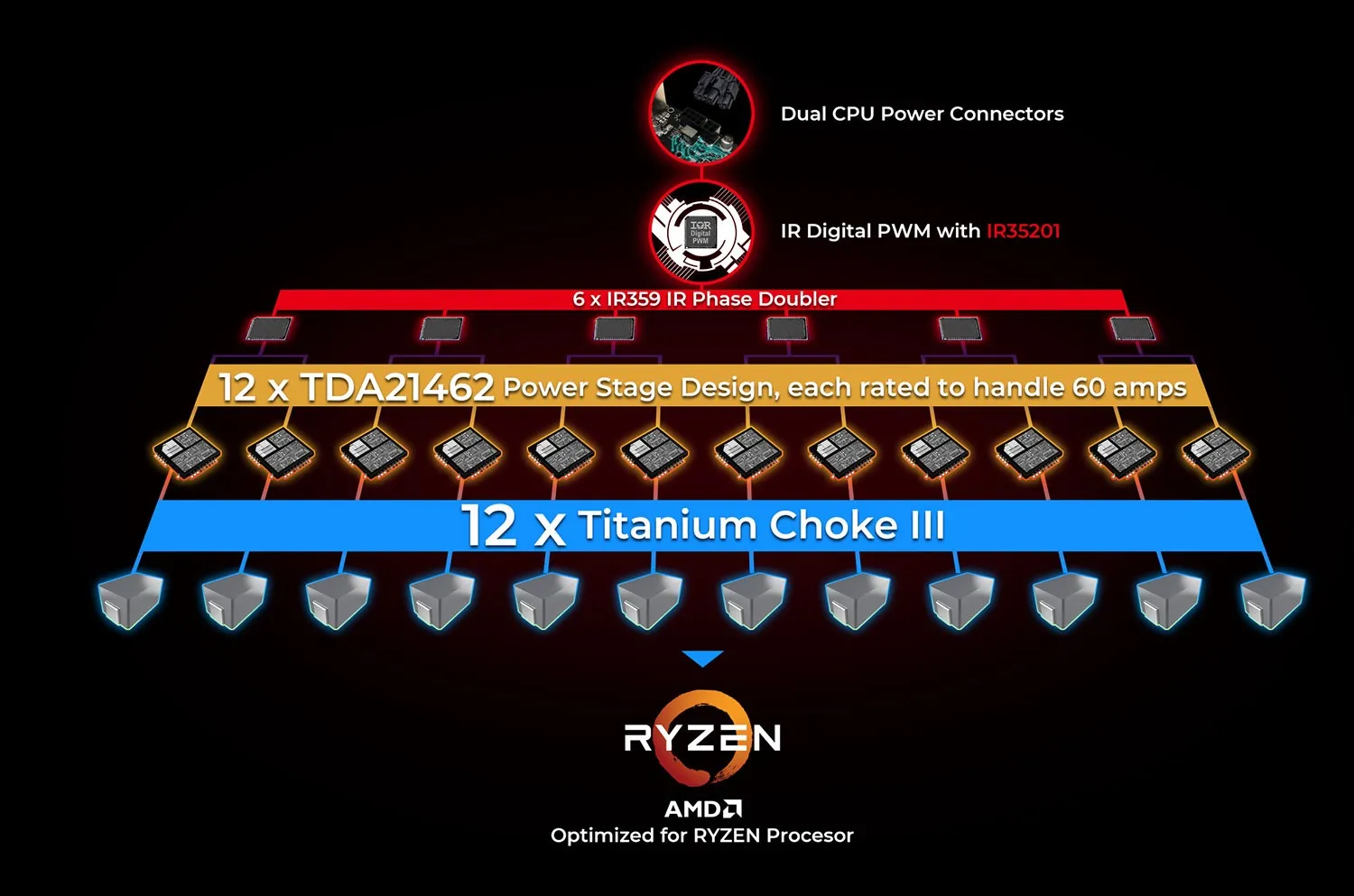
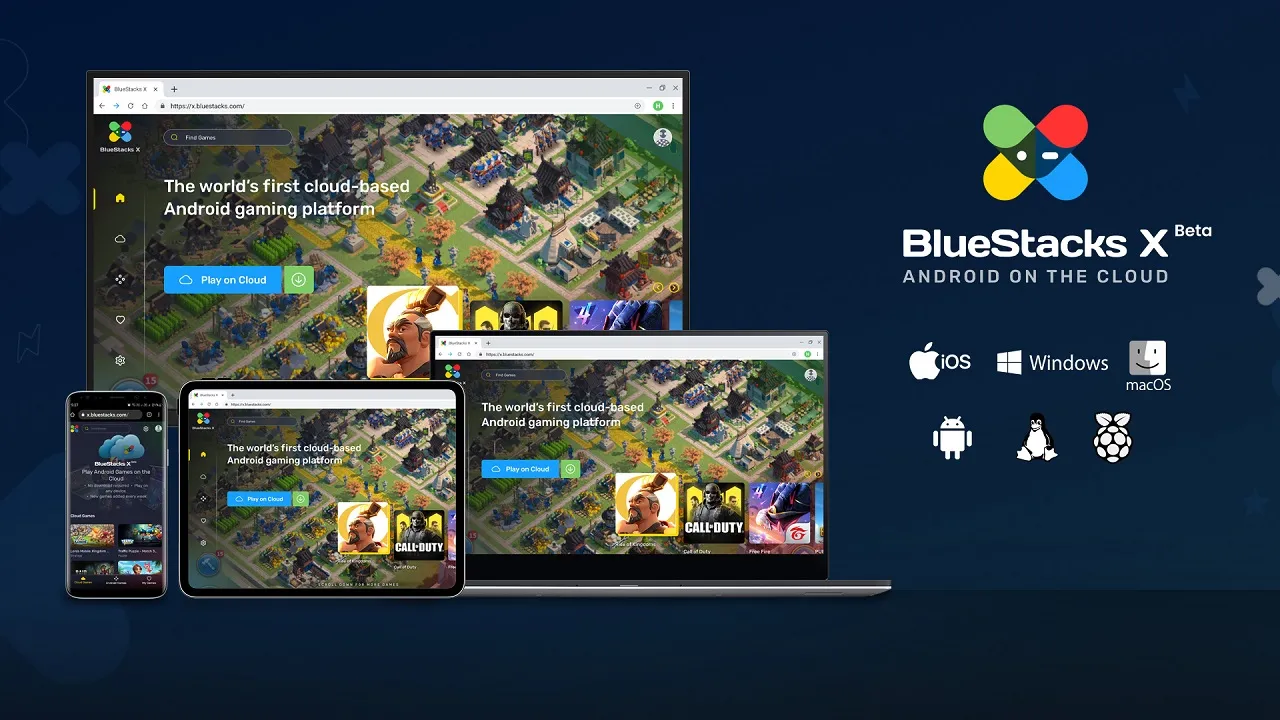

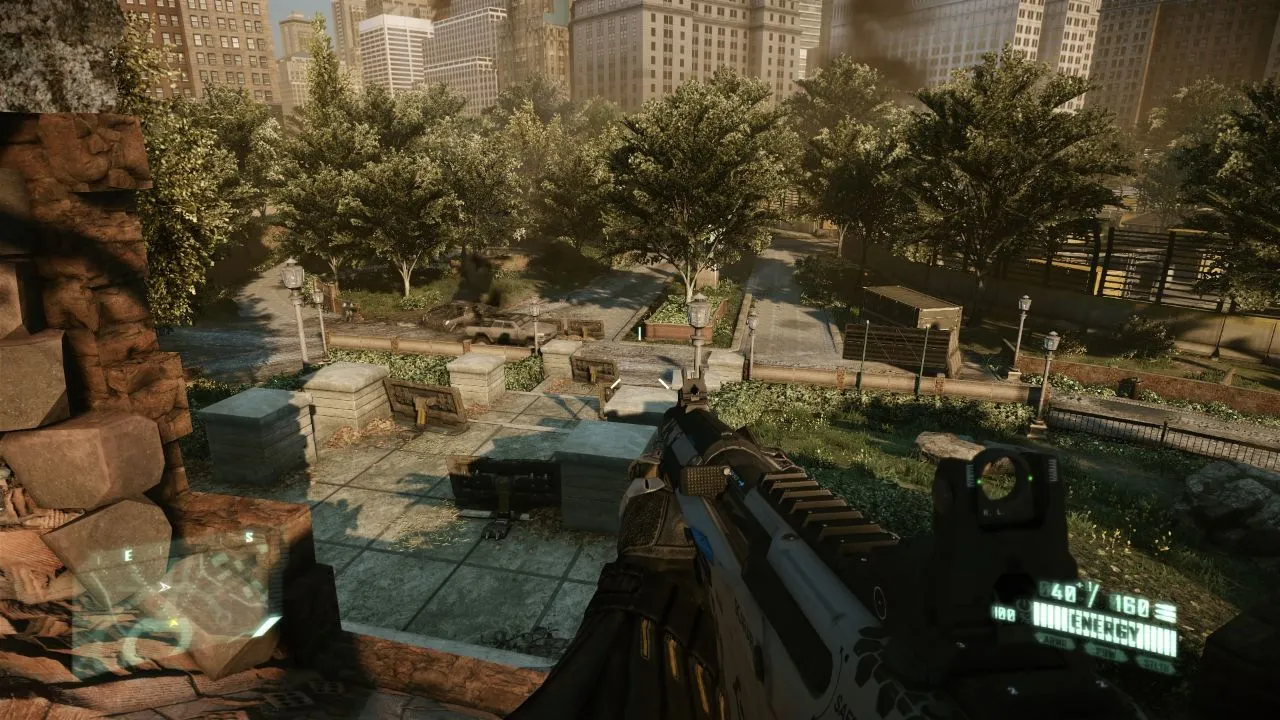
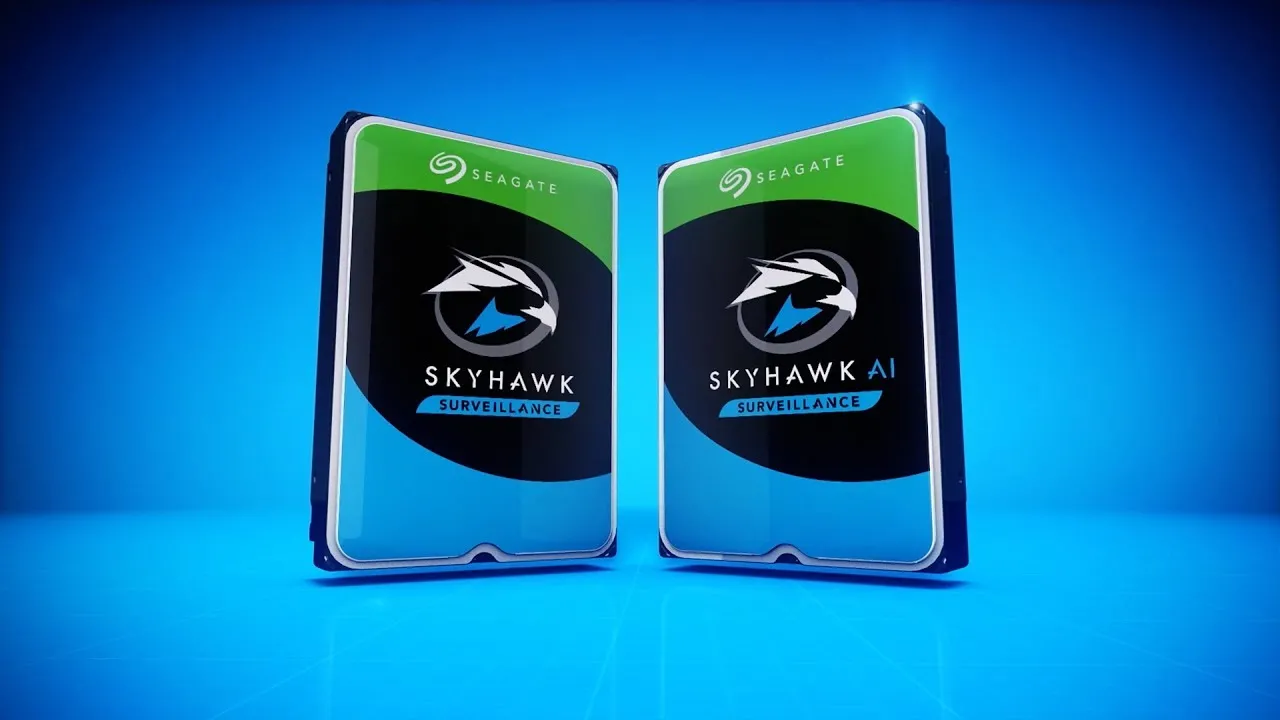
Comments (0)